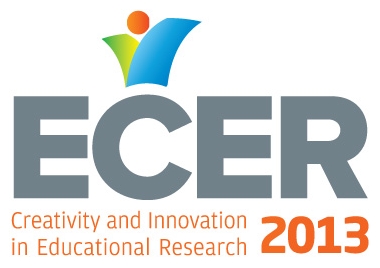Creativity, Innovation, and the Role of the Emerging Researcher in Educational Research
The newest people in a field are often expected to be leaders of change, fostering creativity and stimulating innovation. Those who seek to find a place for themselves in the world of educational research need to understand the scope and complexity of the field as well as the many reasons why research often fails to lead to change. This presentation develops an argument that the emerging researcher needs to be successful in teaching as well as in research, attending not only to a specialized area within educational research but also to the broader field of initial and continuing teacher education. Serendipity and collaboration are seen as important features supporting creativity and innovation in educational research.
CV
Professor Tom Russell has taught in the Faculty of Education at Queen’s
University (Canada) since 1977. His teaching includes a graduate course on
action research, a physics curriculum methods course for preservice
teachers, and supervision of teacher candidates during practicum
placements. His research focuses on how people learn to teach and improve their teaching, with special reference to learning from experience. He is particularly interested in how beginning teachers learn from their
practicum experiences and the experiences of their first year of teaching.
In the period 2007-2010 he held a Queen’s University Chair in Teaching and
Learning. Since 1986 he has held seven multi-year research grants from the Social Sciences and Humanities Research Council of Canada. In the last 15 years he has been invited to speak at universities in New Zealand,
Australia, Israel, Chile and Estonia.
Tom is a co-editor of a number of books, including *Beginning Teaching:
Stories from the Classroom *(Springer, 2012), *Self-Studies of Science
Teacher Education Practices *(Springer, 2012), *Enacting a Pedagogy of
Teacher Education *(Routledge, 2007), and the* International* *Handbook of Self-Study of Teaching and Teacher Education Practices *(Kluwer, 2004).
Since its inception in 2005 he has been a co-editor of *Studying Teacher
Education *(Routledge). Tom holds an A.B. degree in physics from Cornell
University, a Master of Arts in Teaching degree from Harvard University,
and a Ph.D. degree in Educational Theory from the University of Toronto.
